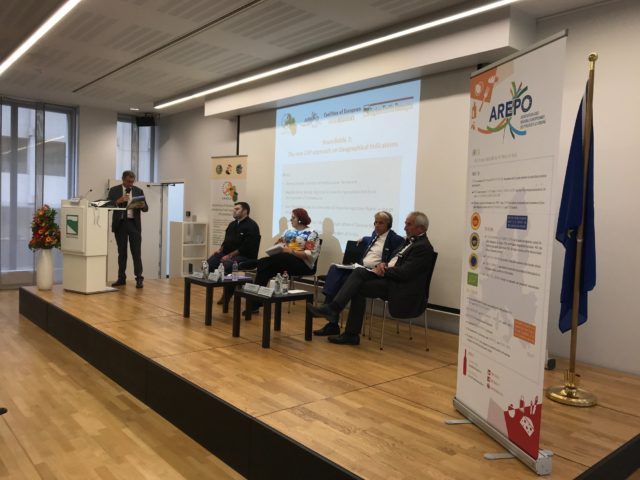On 23 October, during the last plenary session of the European Parliament (EP), exceptionally held in Brussels due to the health crisis, MEPs adopted their official position on the reform of the Common Agricultural Policy (CAP).
The vote expressed refers to a legislative process that started in 2018 with the legislative proposal of the previous Commission led by Jean-Claude Juncker, when the Commissioner for Agriculture was Phil Hogan. In the meantime, the Parliament also changed its composition following the May 2019 elections, so that the EP position adopted last October is the result of the work of the previous and current legislatures.
In the EP’s intentions, the new CAP should be more flexible, sustainable and crisis-proof and enable farmers to ensure food security throughout the EU. In this context, with the aim of better adapting EU agricultural policy to the needs of individual countries, one of the central points of the reform is the so-called “New Delivery Model”. National governments will have to draw up strategic plans, to be submitted to the Commission for approval, in which they will define how to achieve the EU’s sustainability objectives. The Commission will have to assess the results achieved by states, not just their compliance with EU rules.
Under the new CAP, there are different measures approved that cover EU quality schemes. As far as the Strategic Plans Regulation is concerned, Member States will be able to choose to support quality schemes under the type of intervention “cooperation”. In particular, the approved text includes the possibility to implement measures to both promote and establish quality systems and to cover the certification costs.
Looking at the CMO amending Regulation, on the other hand, the EP position introduces new elements with the aim of strengthening market regulation and crisis management. In detail, the most important innovation for the GI sector is the extension of the supply regulation instrument (already existing for cheeses, hams and PDO/PGI wines) to all PDO and PGI products.
The consequences of the EP vote are important in relation to the simplification of the GI system. Firstly, the definition of designation of origin and geographical indication has been aligned with that given internationally by the Lisbon Agreement. In addition, the human factor, weakened in the Commission’s initial proposal, has been reintroduced as a compulsory element for the definition of a PDO (both for wines and foodstuffs).
With regard to the PDO and PGI product specifications, the requirement of traceability elements demonstrating that the product originates in the defined geographical area is reintroduced. Furthermore, in relation to the description of the method of obtaining the product, included in the product specification, MEPs have added to indicate, where possible, its contribution to sustainable development.
Finally, with the adoption of guidelines defining criteria and a common methodology as part of the simplification of the procedure for approving amendments to the product specifications, the EP has worked towards maintaining the European and common character of the GI system in order to ensure consistency across the EU and a level playing field between Member States.
Finally, the EP position enhances protection by extending its scope to all GI products, including goods in transit and sold online. Specifically, it refers to protection against abuse of reputation and in relation to domain names.
In the next phase of the legislative process on the CAP, the EP will be involved in trialogues with the Commission and the Council of the EU, that has approved its position too, with the aim to reach a final agreement on the reform package.
The new CAP should enter into full force in 2023. In fact, although the current CAP rules expire at the end of 2020, they should be extended for another two years following the approval of the transitional regulation last April.
*AREPO has worked on the CAP in collaboration with oriGIn EU, developing and adopting a common position and lobbying strategy to jointly defend Geographical Indications at EU level.





